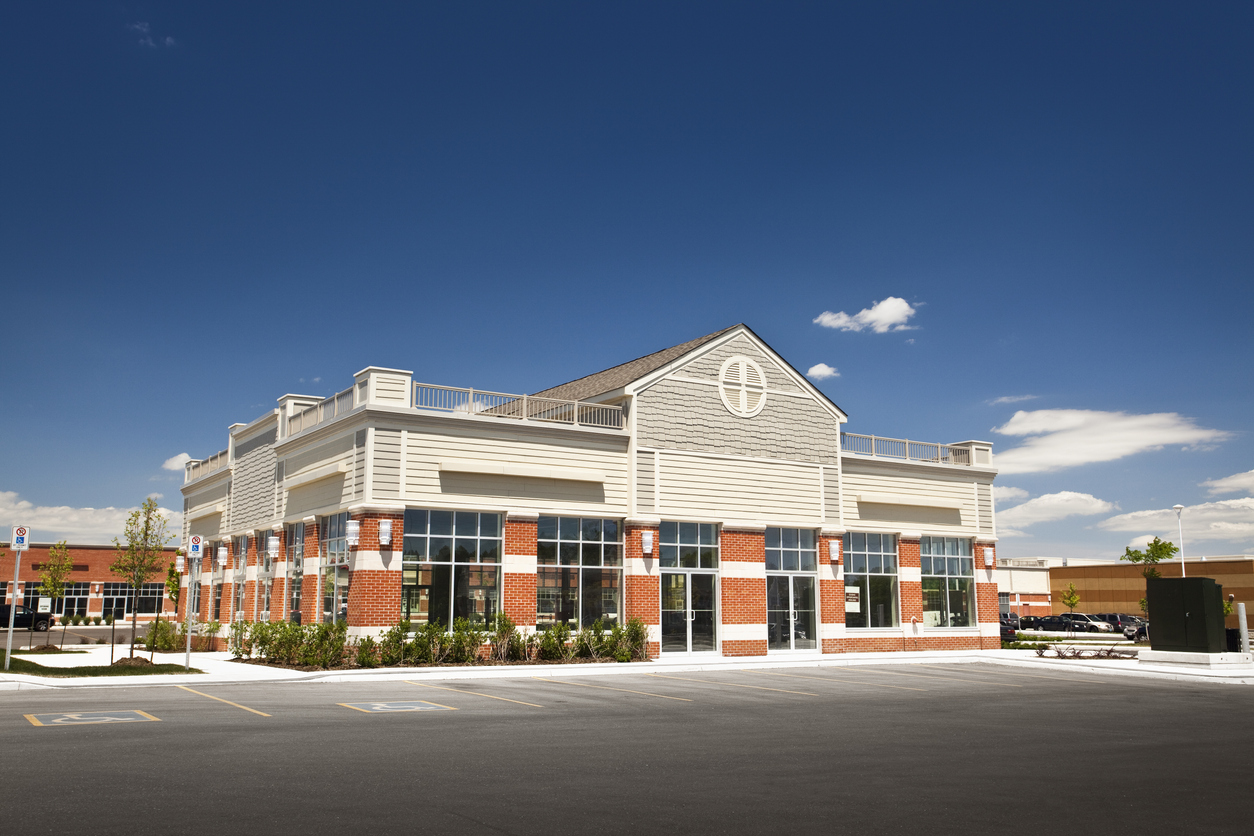When the coronavirus pandemic hit the United States, it had immediate and serious impacts on the country’s economy. The real estate market, in particular, has felt the widespread effects of the pandemic. It’s struggling to find its footing in the months after the initial outbreak. The pandemic and resulting quarantine led to job loss and social distancing, which made buying and selling properties tougher. At the same time, real estate, especially commercial real estate, is notably resilient. While this particular type of economic recession is pretty unprecedented in the United States, we can make some predictions about the future of the real estate market and what recovery will look like in the coming months and years.
How COVID-19 Has Already Affected The Real Estate Market
The coronavirus pandemic has affected many facets of the US economy. And in uncertain economic times, people tend to put off making bigger purchases. Millions of Americans filed for unemployment in the past few months after being laid off or having their hours reduced. Businesses all over the country have felt the impact of Americans’ lessened spending. Many people and businesses just don’t have the financial stability needed to purchase a property right now.
Decreased Demand
In the early days of the virus, real estate websites like Redfin and Zillow saw serious drops in their web traffic. People were putting their search for a new property on hold. This makes sense, and not only for financial reasons. Buying a house involves close contact with real estate professionals, which makes social distancing difficult. While some states are easing up on virus-related restrictions, certain areas of the country are still seeing a rise in cases. Therefore, what’s true of the real estate market in one area of the country may vary in other areas.
Mortgage Rates
To prevent a collapse in the housing market, the federal government issued a moratorium on foreclosures. In addition, the pandemic drove mortgage rates lower. Though this is good news for someone who currently has the finances to buy a house, for some people, it may be more difficult to get mortgage credit. Many lenders now offer tighter restrictions on mortgages, like bigger downpayment requirements and higher credit scores.
Commercial Market
On the commercial side of the market, many small businesses and restaurants have already vacated their properties because they’ve lost out on so much business since March. And even bigger corporate chains have been struggling to pay rent. Many are using this period of flux as an opportunity to negotiate lower rent prices or renegotiate their leases.
What Can We Expect in the Coming Months?
It’s clear that both the commercial and residential real estate markets have been deeply affected by coronavirus. In the commercial sector, around the country, millions of construction projects were suddenly halted and properties were vacated. And on the other side of the coin, e-commerce retailers have been booming, which is going to make recovery more complicated. Real estate websites have seen increased traffic and the housing market is already starting to climb. However, there are still social distancing restrictions in place. They might be in place for the foreseeable future. But real estate is historically a reliable and safe investment, especially in times of economic uncertainty.
With many people working remotely, this could also affect both commercial and residential real estate. When people work remotely more, they care less about the distance between work and home. This means people have more freedom about where they choose to live. Cheaper areas of the US may see an influx of home purchases as remote work becomes more common. We can expect the housing market to recover slowly but steadily.
In addition, businesses that have remote employees may need less physical space in the offices or may choose not to have a physical location at all. However, remote work is still brand new for many businesses. It’s unlikely that the shift away from physical locations will be sudden or rapid. With this in mind, some businesses may opt for more office space or different layouts when their employees return to the office. They will place health and wellness at the forefront of this strategy. Employees are much less enthusiastic about working in close quarters when social distancing has been engrained into our lives. So some companies may be looking to expand in order to help ease their workers’ minds about spreading illness and increase productivity among their staff.
What Does The Future Hold For the Real Estate Market?
It’s impossible to predict the future course of the coronavirus and its resulting economic troubles. However, the real estate market is often known for thriving independently of the rest of the US economy. Innovation and creativity are needed during uncertain times to keep the market afloat, but the real estate industry is constantly innovating. Projects that were under construction and halted are being redesigned to meet the needs of future tenants, and plans are being redrawn.
We can expect to see new projects focused on social distancing, keeping people healthy, and providing them the amenities they need close at hand. Health and safety are at the forefront of everyone’s minds. Thus, amenities like air purification, water filtration, and strict cleaning protocols will likely boom in popularity, at least for now. However, when a coronavirus vaccine hits the market, the trends may change again. The biggest trend for the future of real estate is awareness and cognizance of the needs of the people the market is serving. After the coronavirus pandemic becomes a memory, the real estate professionals that come out on top are the ones who react quickly to a changing market and pay attention to trends.
Though the next few months are uncertain, now is not necessarily the time to shy away from real estate investments. Strive to make well-researched and smart investments. Avoid areas that were hit hard by the virus, and instead, look for historically strong markets.

